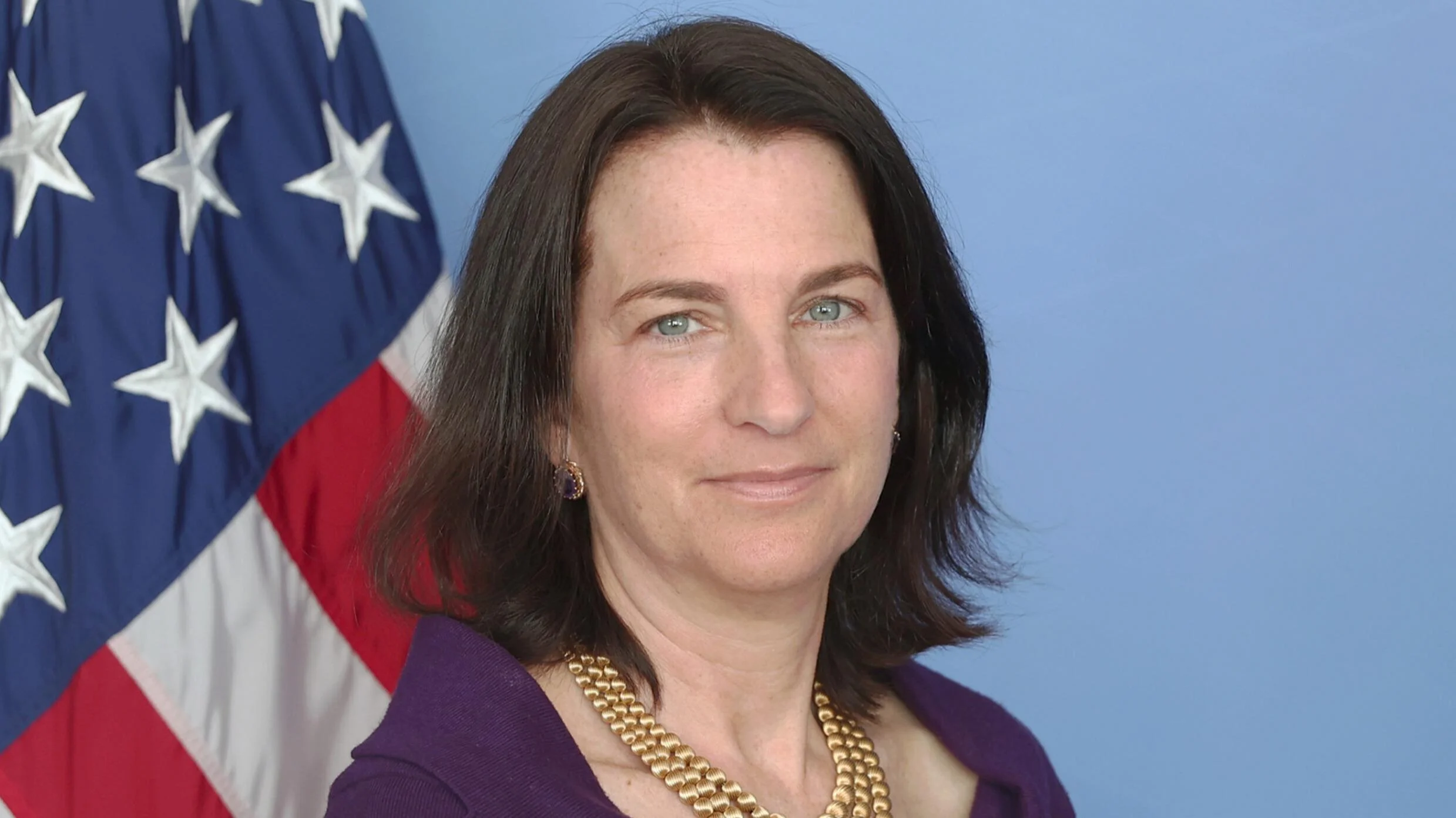Thank you, Chair. Our statement is in response to the Note on International Protection.
The United States is focused on political solutions that create the conditions for refugees to return home. We have made strides toward peace between the Democratic Republic of Congo and Rwanda and invested significant political capital to achieve a lasting settlement in Ukraine and Gaza. In Syria, we are providing sanctions relief to facilitate the flow of aid and give interim authorities a chance to build a country that all Syrians can once again call home.
As we face numerous complex humanitarian situations, UNHCR’s focus on its core mandate and durable solutions is critical. For too long, the burden of responding to the needs of displaced persons has fallen to just a handful of refugee-receiving states and donor countries. Other countries must step up.
We commend member states for taking back their nationals and urge UNHCR to reduce the burden placed on receiving states by redoubling efforts to achieve lasting solutions through safe and voluntary refugee repatriation among other means. We note UNHCR’s important progress supporting voluntary returns in 2024.
Chair, we do not underestimate the difficulty of the restructuring exercise that UNHCR has undertaken in recent months. However, this moment presents an opening to make UNHCR more efficient at managing its resources, more effective at achieving its goals, and more transparent to its donors. UNHCR’s efforts to streamline operations and continue implementing the organization’s humanitarian mandate is a necessary step.
Regarding the reference to the Sustainable Development Goals, "the best way to sustainable development is through economic growth, affordable energy, free and fair trade, and peace." The United States does not support in UN materials "the inclusion of the heavily politicized Sustainable Development Goals and Agenda 2030."
Finally, "the United States expects the United Nations" to avoid using diversity, equity, and inclusion terminology as well as gender ideology. The United States advocates using terminology that clearly refers "to women and men, girls and boys."

